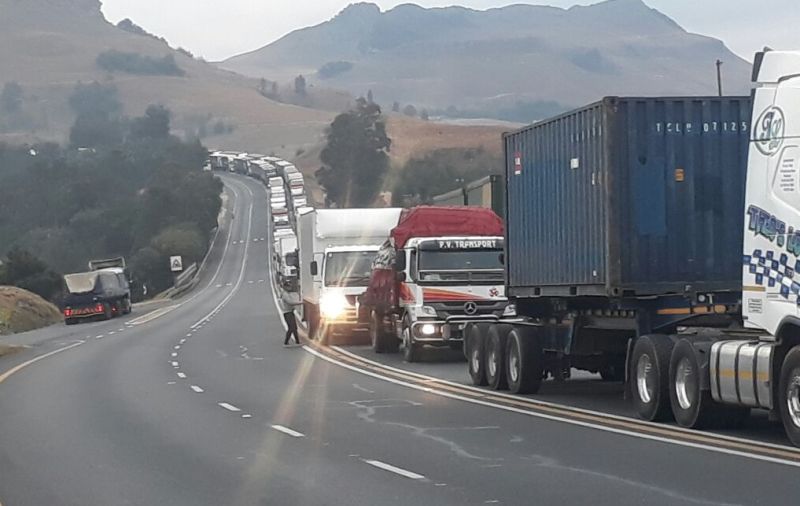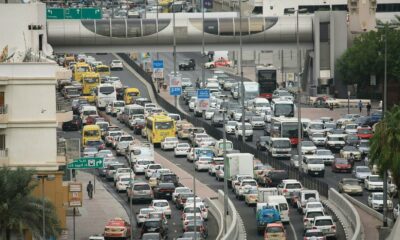News
Trucks Bring N3 Toll Route to a Standstill: Motorists Left in the Lurch

If you’ve ever driven along the N3 Toll Route, you’ll know just how vital this highway is. It’s more than just a scenic drive through South Africa’s heartland. It connects Gauteng to KwaZulu-Natal, Johannesburg to Durban, industry to port, family to holiday. But on Monday, that lifeline was brought to a grinding halt — again.
Trucks, for reasons still unclear, have blocked both directions of the route near the Roadside and Reitz interchanges in the Free State. Motorists stuck in the chaos have been warned to delay travel or expect serious hold-ups.
Caught in the Middle of the Unknown
While it’s not yet confirmed what sparked the blockade, the N3 Toll Concession (N3TC) says the disruption appears to be part of a coordinated action. The uncertainty is adding to the tension.
Thania Dhoogra, Chief Operating Officer at N3TC, offered a straightforward message: “If you can, delay your trip. If you’re already on the road, approach with extreme caution.”
It’s frustrating — and dangerous — when vital roads become pawns in unknown disputes. For many commuters and truckers, this isn’t just a detour. It’s a disruption to their livelihood.
Not the First Time: A Pattern of Protests
Unfortunately, this isn’t a one-off. The N3 Toll Route has become a repeat stage for protest actions — some peaceful, others violent.
Back in October, six trucks were torched in another incident, forcing the N3TC to issue a stern warning to travelers. In May, a community protest at Van Reenen’s Pass had motorists stuck for hours as tyres burned on the highway.
The N3 has become a flashpoint, a symbol of broader unrest that often spills over into public infrastructure. And while the reasons may vary — from wage disputes to community grievances — the impact is almost always the same: disrupted travel, shaken nerves, and growing resentment.
Why the N3 Matters So Much
It’s easy to dismiss this as “just another traffic story.” But the N3 is not just any road. It’s one of the most strategic corridors in the country.
Every day, around 44% of the vehicles on the N3 are trucks, hauling everything from food to fuel, goods to groceries. It links Johannesburg’s factories to Durban’s port. It’s a trade artery, a tourism route, and a commuter lifeline.
When the N3 stops, so does a big part of South Africa’s economy.
What Now?
For now, authorities are still investigating. No official details have been released about the motive behind the truck blockade. What’s clear, however, is that more robust contingency plans are needed to prevent these disruptions — or at least to respond faster when they happen.
Motorists are advised to keep an eye on verified traffic updates, avoid the affected areas if possible, and remain patient as law enforcement works to clear the road.
A Call for Calm and Clarity
South Africans are no strangers to protest. But when vital roads like the N3 become targets, it’s not just an inconvenience — it’s a safety risk, an economic blow, and a barrier to progress.
We need transparency about what’s driving these protests and a better strategy for keeping our roads safe and open. Until then, motorists and businesses are left to navigate the fallout, one roadblock at a time.
{Source: The Citizen}
Follow Joburg ETC on Facebook, Twitter , TikTok and Instagram
For more News in Johannesburg, visit joburgetc.com



























